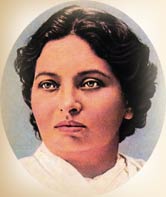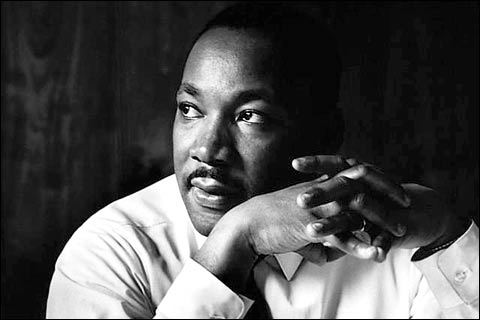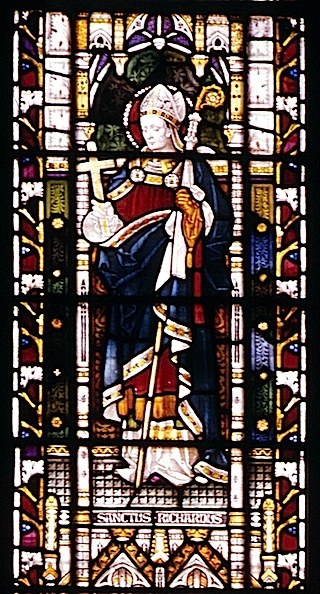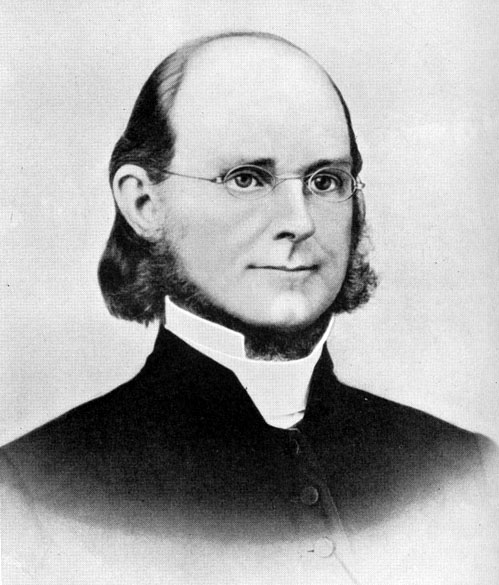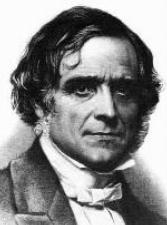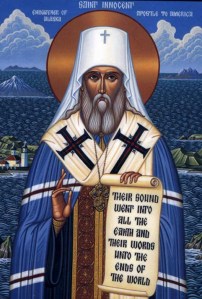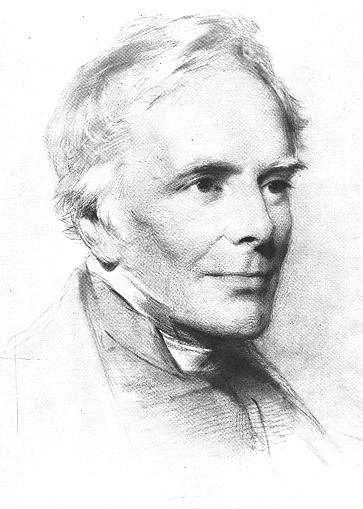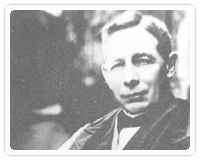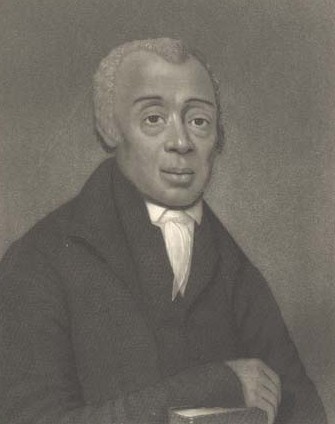Welcome to the Holy Women, Holy Men blog! We invite you to read about this commemoration, use the collect and lessons in prayer, whether individually or in corporate worship, then tell us what you think. For more information about this project, click here.
Pandita Rambai (1858-1922) faced most of the obstacles a woman could encounter in the India of her lifetime. She was denied access to formal education and was ostracized from society as first an orphan and then a widow. She experienced first-hand the effects of India’s rigid caste system that placed discriminatory walls between social and racial groups. Yet she fought back, first as a Hindu, then as a Christian.
Her father was a scholar who taught her both the Sanskrit language and the Vedas, the sources classical Hindu beliefs. An 1876 famine killed most of her family and a few years later a cholera epidemic killed her husband of nineteen months. Acutely aware of the difficulties facing Indian women, Ramabai was increasingly drawn to social work and in 1883 traveled to England where she spent time with the Wantage Sisters, an Anglican religious community near Oxford. She was baptized in 1883 and worked actively in London with a community of nuns whose clientele were former prostitutes. She also attended the Cheltenham Ladies College, an institution that favored women’s suffrage and instructing young women in the same subjects taught in schools for young men.
Ramabai returned to India in 1889 and founded the Mukti Mission, a home for abandoned widows and orphans of the Brahmin high priestly caste in Mumbai, (formerly Bombay). When India was again struck by famine in 1896, she extended the mission’s outreach to include women and orphans of all castes, and gradually added a clinic and vocational training courses.
Fluent in several languages, Ramabai translated the Bible into Marathi, a West Indian language. Indians who encountered her gave her the title “Pandita,” meaning “the learned one.” Ramabai, like Mother Teresa later, worked tirelessly among India’s poor, depending on the generosity of others to fund her activities. Her evangelical enthusiasm never waned. “What a blessing this burden does not fall on me. But Christ bears it on his shoulders,” she wrote, and “no one but He could transform and uplift the downtrodden womanhood of India and of every land.”
Collects
I Everliving God, who didst call the women at the tomb to witness to the resurrection of thy Son: We offer thanks for the courageous and independent spirit of thy servant Pandita Ramabai, the mother of modern India; and we pray that we, like her, may embrace thy gift of new life, caring for the poor, braving resentment to uphold the dignity of women, and offering the riches of our culture to our Savior Jesus Christ; who liveth and reigneth with thee in the unity of the Holy Spirit, one God, now and for ever. Amen.
II Everliving God, you called the women at the tomb to witness to the resurrection of your Son: We thank you for the courageous and independent spirit of your servant Pandita Ramabai, the mother of modern India; and we pray that we, like her, may embrace your gift of new life, caring for the poor, braving resentment to uphold the dignity of women, and offering the riches of our culture to our Savior Jesus Christ; who lives and reigns with you in the unity of the Holy Spirit, one God, now and for ever. Amen.
Lessons
Isaiah 10:1-4
1 John 3:16-24
Luke 18:1-8
Psalm 9:1-5, 9-12
Preface of a Saint (3)
From Holy, Women, Holy Men: Celebrating the Saints © 2010 by The Church Pension Fund. Used by permission.
* * *
We invite your reflections about this commemoration and its suitability for the official calendar and worship of The Episcopal Church. How did this person’s life witness to the Gospel? How does this person inspire us in Christian life today?
To post a comment, your first and last name and email address are required. Your name will be published; your email address will not. The first time you post, a moderator will need to approve your submission; after that, your comments will appear instantly.
